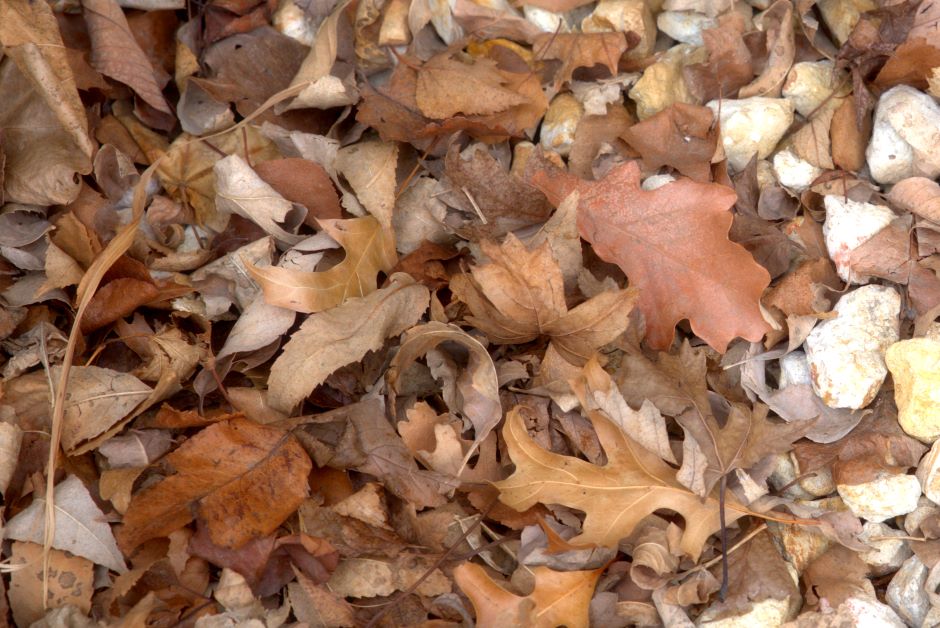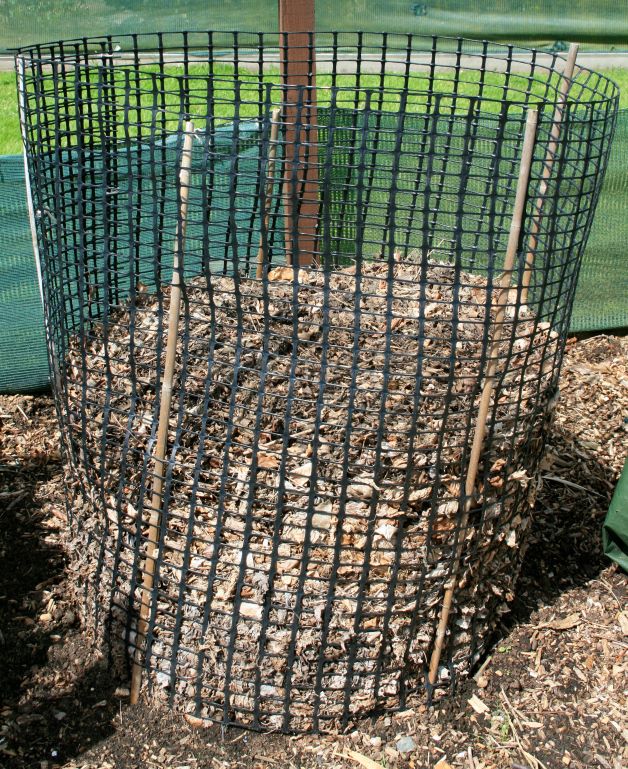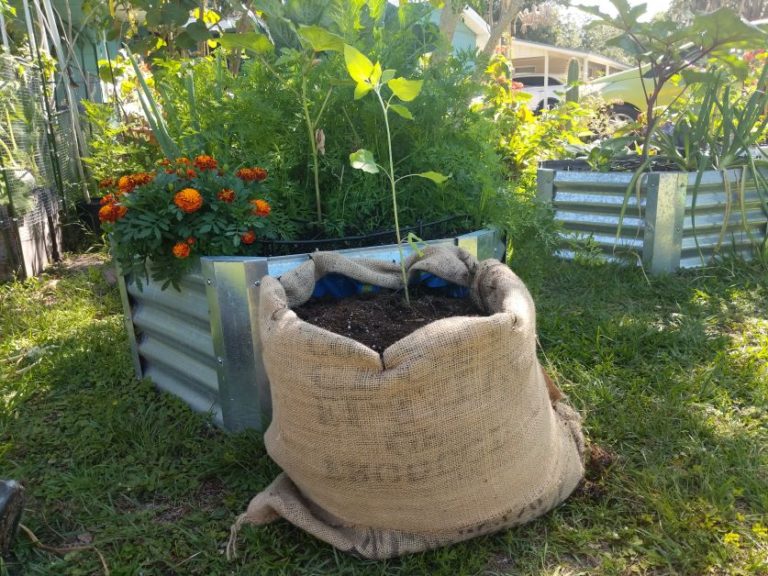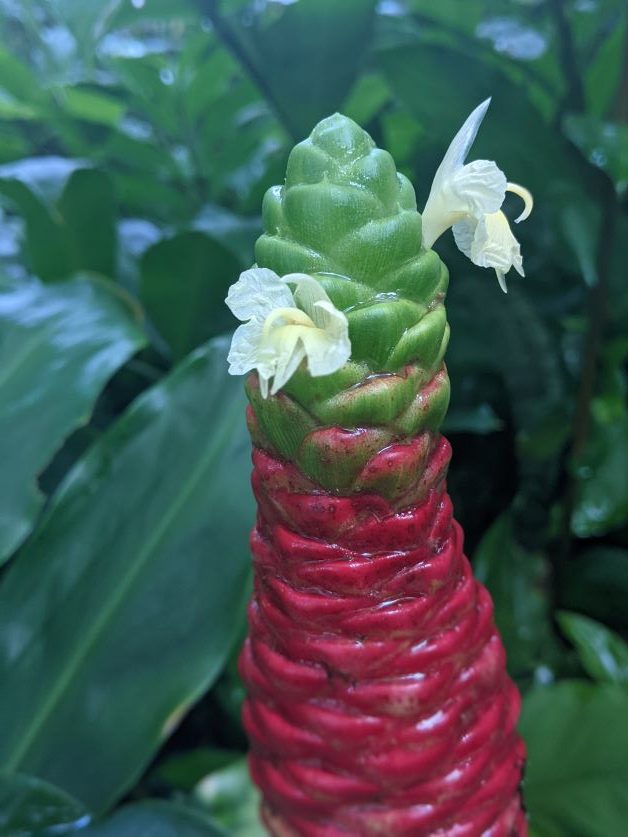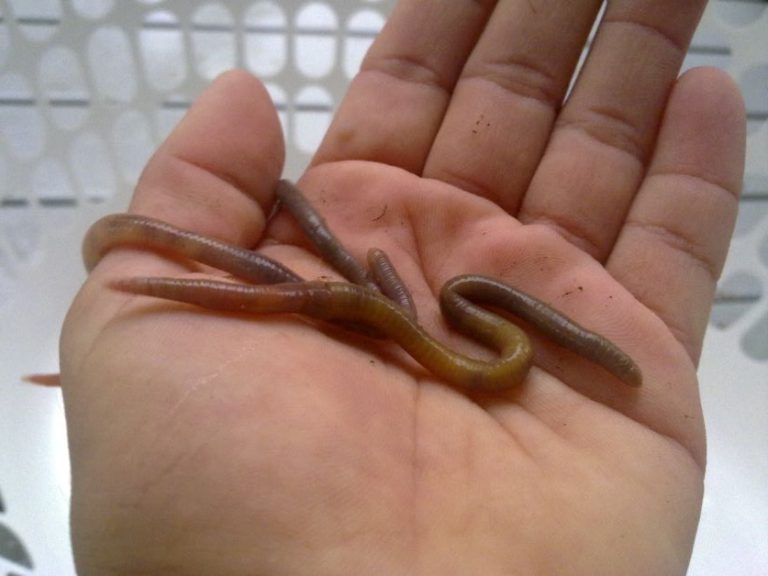Are Oak Leaves Good for Composting?
So…are oak leaves good for composting, or not?
I’ve heard over and over again that you should never use oak leaves for composting because they’re too acidic. This has always bummed me out because I’ve got a giant Southern Live Oak in my backyard that drops tons of leaves in my yard every spring. I’m so sick of raking and blowing and trying to keep useless leaves away from my house so out of desperation, I decided to do a little digging on the matter.
It turns out that the taboo of using oak leaves as compost is one of gardening’s widest spread myths. Like most myths, there’s a little bit of truth behind it: oak leaves can decrease your soil pH. The truth is, though, the little effect that oak leaves can have on your soil diminish drastically over time.
With a little patience and preparation, you can turn your oak leaves into great compost or mulch for your garden.
How Do Oak Leaves Effect Soil Acidity?
To understand how oak leaves affect soil pH, you first need to understand tannins. Tannins are a naturally-occurring compound found in a lot of plants and trees, one of them being the oak. In fact, the high tannin content in red wine is due to the oak barrels it’s aged in. As the wine sits in the wooden barrels, the oak leeches tannins into it, giving it that specific red wine flavor.
An oak leaf that’s just fallen off the tree has a lot of tannins and not so coincidentally, a low pH level of about 4.7. A high amount of tannins in your soil can make it more acidic.

As oak leaves break down, though, much of the tannins are washed away. A properly composted oak leaf is only slightly acidic, almost neutral. Many gardeners, in fact, could benefit from decreasing their soil pH just a little bit. Most plants prefer either neutral or slightly acidic soil.
Even mixing freshly fallen oak leaves into your soil will only change your soil pH temporarily – the biggest culprit behind soil pH is the type of bedrock under your soil, not what sits in the first layer.
The role of tannic acid in soil is also frequently misunderstood by the home gardener. Tons and tons of plants and trees have tannins. If you’ve ever seen a tea-colored river running through a forest, then you’ve seen tannins at work. Tannic acid is what makes that river water dark. Considering how lush the flora is around these tea-colored rivers, the tannins clearly don’t have a negative effect on the fertility of the soil.

Studies show that a moderate level of tannic acid in your soil is beneficial. Tannins can help to reduce the negative effect that heavy metals in your soil have on plant roots. It can also help make beneficial nutrients in your soil easier for your plants to use.
Do You Have to Compost Oak Leaves Before Using Them in the Garden?
Although some people do mix whole fallen oak leaves into their garden beds, there are 2 main reasons why you might want to compost them first:
- Composting your oak leaves will help them break down quicker. It can take more than a year for oak leaves to decompose by themselves. Composting, on the other hand, only takes 6-8 weeks.
- While it doesn’t matter for most gardeners, composted oak leaves do have a lower acidity level than whole oak leaves. If you have especially acidic soil, then composting your leaves can help you avoid making the problem worse. When in doubt, use a soil pH tester before mixing unprocessed oak leaves directly into your soil.
If you really want to skip composting and instead use your oak leaves whole, consider using them as mulch instead of mixing them directly into your soil. The biggest reason for this isn’t because of pH — it’s because they take so long to decompose on their own. Using whole oak leaves as mulch can help your soil retain moisture and keep your soil cooler during the summertime, but it’s also easily raked up and replaced between growing seasons.
Featured Photo Credit: Carol VanHook

